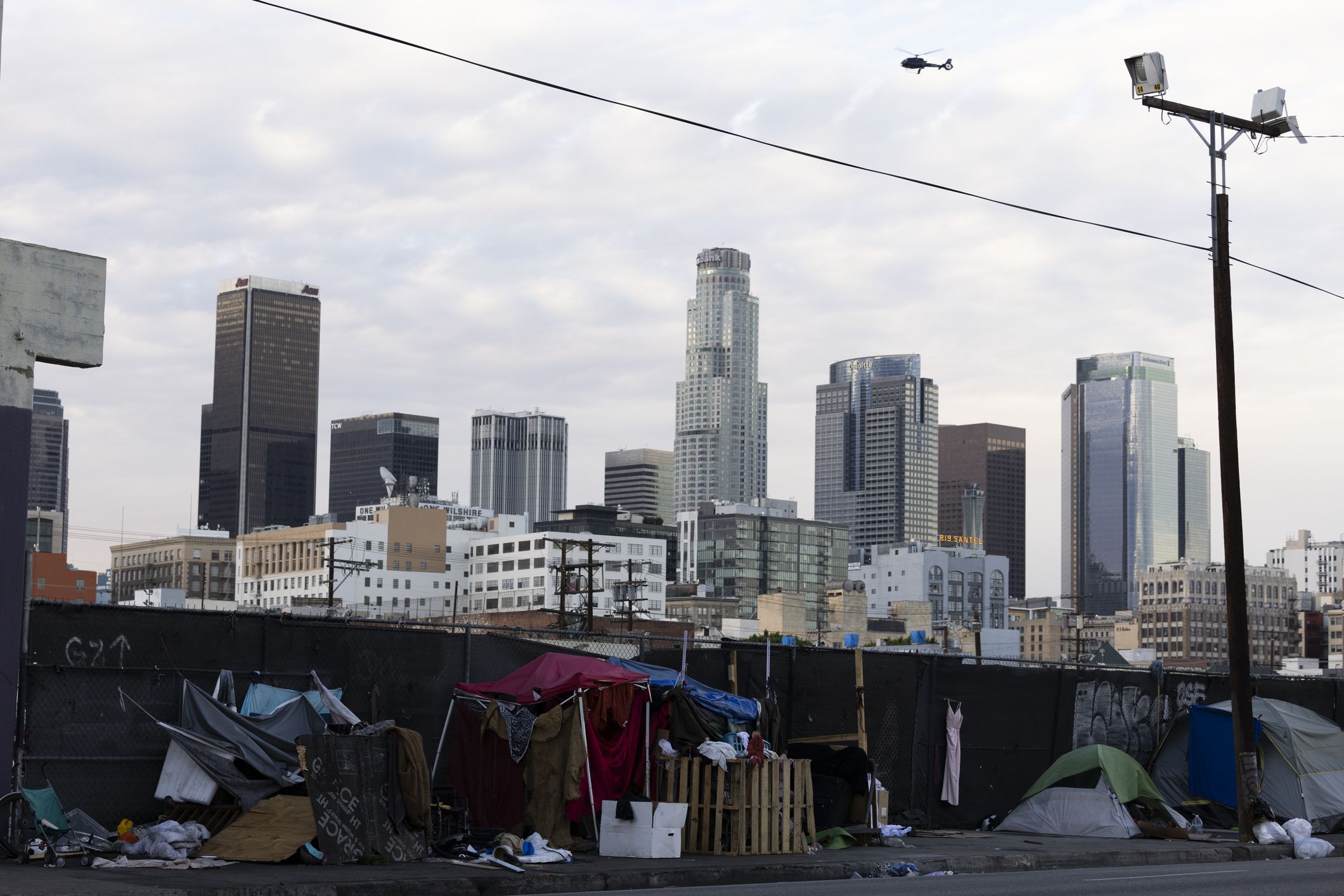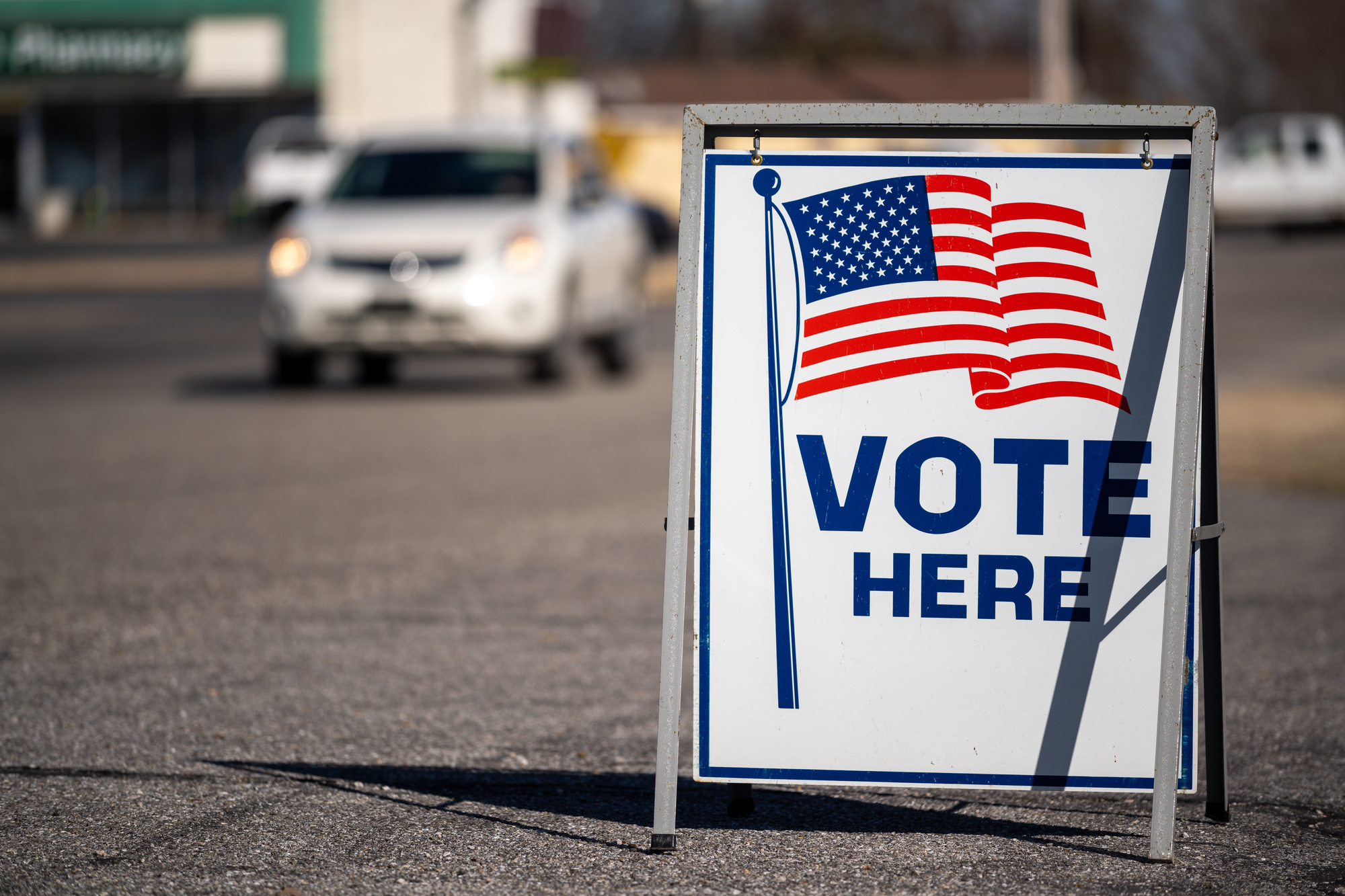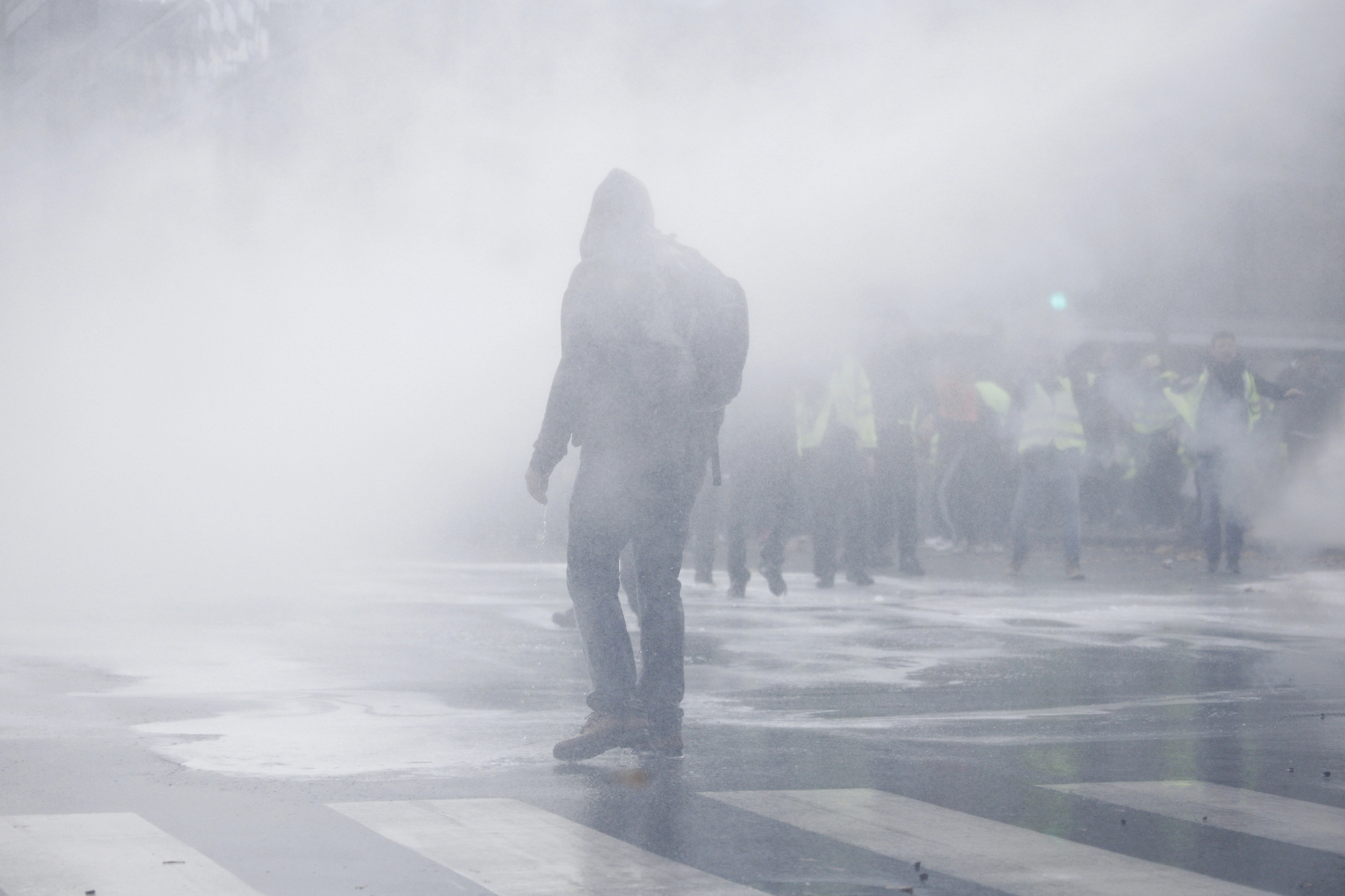Into Houses or Off the Street?: The Right Response to Homelessness

On July 24th, the US administration announced a new approach to addressing America’s ongoing homelessness crisis in an executive order: “Ending Crime and Disorder on America’s Streets.” Its main assertion is that “shifting homeless individuals into long-term institutional settings for humane treatment through the appropriate use of civil commitment will restore public order.” It also encourages maximum enforcement of laws against vagrancy and the elimination of encampments.
Ethically notable about the executive order is the framing of the problem. As the title of the order makes clear, the concern is not that hundreds of thousands of Americans do not have housing, but rather that they are on the streets. It might be objected that this is a distinction without a difference; merely semantics. But it is not. For our understanding of the problem impacts potential solutions.
Let us say the policy challenge we are interested in is, “Homeless individuals do not have adequate homes.” The aim then becomes to secure housing, and potential solutions could include avenues such as directly providing housing, seeking to lower rent, or ensuring support services such as mental health care exist so people do not lose housing. By contrast, if the stated problem is, as the title of the executive order indicates, “crime and disorder on America’s streets,” then solutions such as institutionalization (whether in mental health facilities or prisons) are more natural. The specific solutions we consider follow directly from our particular understanding of the problem.
In this case, one might worry there is something wrong with treating the unhoused merely as a inconvenince for other people. Immanuel Kant, a German philosopher of the 1700s, famously argued that people should always be treated as ends and not merely means. In other words, we should regard people as something valuable in their own right and not simply for their usefulness to others.
However, while the inadequately housed are, themselves, the primary sufferers, homelessness is a social problem that affects other people, from human waste to burdens on public services, to, somewhat more complicatedly, crime. Consideration of the public impact of homelessness is not, itself, inherently dehumanizing. Instead, Kant’s ethical concern comes when we fail to recognize the homeless as people, and begin to treat them merely as a public nuisance to be resolved. To be clear, the executive order is hardly unique in taking this stance. It is an enduring approach in the US.
The executive order also represents a changed stance on alleged causes. It asserts, “The Federal Government and the States have spent tens of billions of dollars on failed programs that address homelessness but not its root causes, leaving other citizens vulnerable to public safety threats.” Per the order, the root causes are mental health problems and substance abuse. But experts generally dispute this contention. While mental health and substance abuse are major problems in homeless populations, it is rent and housing prices that appear fundamental. Although there have been longstanding worries about deinstitutionalization — the shift of individuals with serious mental illness away from mental health institutions and into community care. (It is worth noting that overall funding for mental health care is actually being decreased by current legislation.)
There are also concerns about the executive order’s abandonment of “housing first” approaches. These prioritize getting homeless people into housing, and then following up with other support services and are strongly evidence-backed. Unsurprisingly, homelessness is a major stressor and cause of drug abuse and mental health problems, so housing first programs make intuitive sense. Homelessness often places individuals in survival mode, where other problems become especially challenging to treat.
Most of these concerns relate to the policy infeasibility of the executive order, rather than ethics. But an ethical issue exists behind analysis of the causes of homelessness. Big picture: Is homelessness something wrong with individuals, that needs to be treated, or society, that needs to be changed? These are of course not mutually exclusive, but there is a question of emphasis and who we see as morally responsible for homelessness. If we primarily blame individuals for their own homelessness, e.g., through irresponsible drug use, we may be less inclined to support compassionate solutions. The recent executive order leans toward an individual responsibility tack, rather than highlighting background economic or social problems.
A final controversial reprioritization is dismissing “harm reduction” practices. The intent of these practices, such as supervised injection facilities and sterile needle exchanges for injection drug users, is to minimize the harms of a dangerous behavior. Some of the major ethical questions with “harm reduction” have been analyzed in The Prindle Post by Nicholas Kreuder. As he points out, while one may be uncomfortable with the government enabling drug use, from a lives saved perspective, the evidence is very favorable for harm reduction approaches.
Again, focusing on the characterization of the problem can provide some clarity. If the problem to solve is “drug use,” then simply reducing harms is not responsive. Alternatively, if what we care about addressing are “harms associated with drug use,” such as overdose and disease transmission, then a strategy of harm reduction is more logical. An analogous case to consider is abstinence-only sex education, versus sex education that discusses condoms and other contraceptives and prophylactics.
As this executive order illustrates, specifying the problem we want to solve — housing or vagrancy; drug use or drug harms — is a major ethical decision in its own right. Thinking of homelessness primarily as a problem for the non-homeless, raises further unsettling implications. Just how much harm and indignity for homeless people, from anti-homeless architecture to criminalization of sleeping in public spaces to incarceration, is allowable to prevent the impositions they cause to others?




